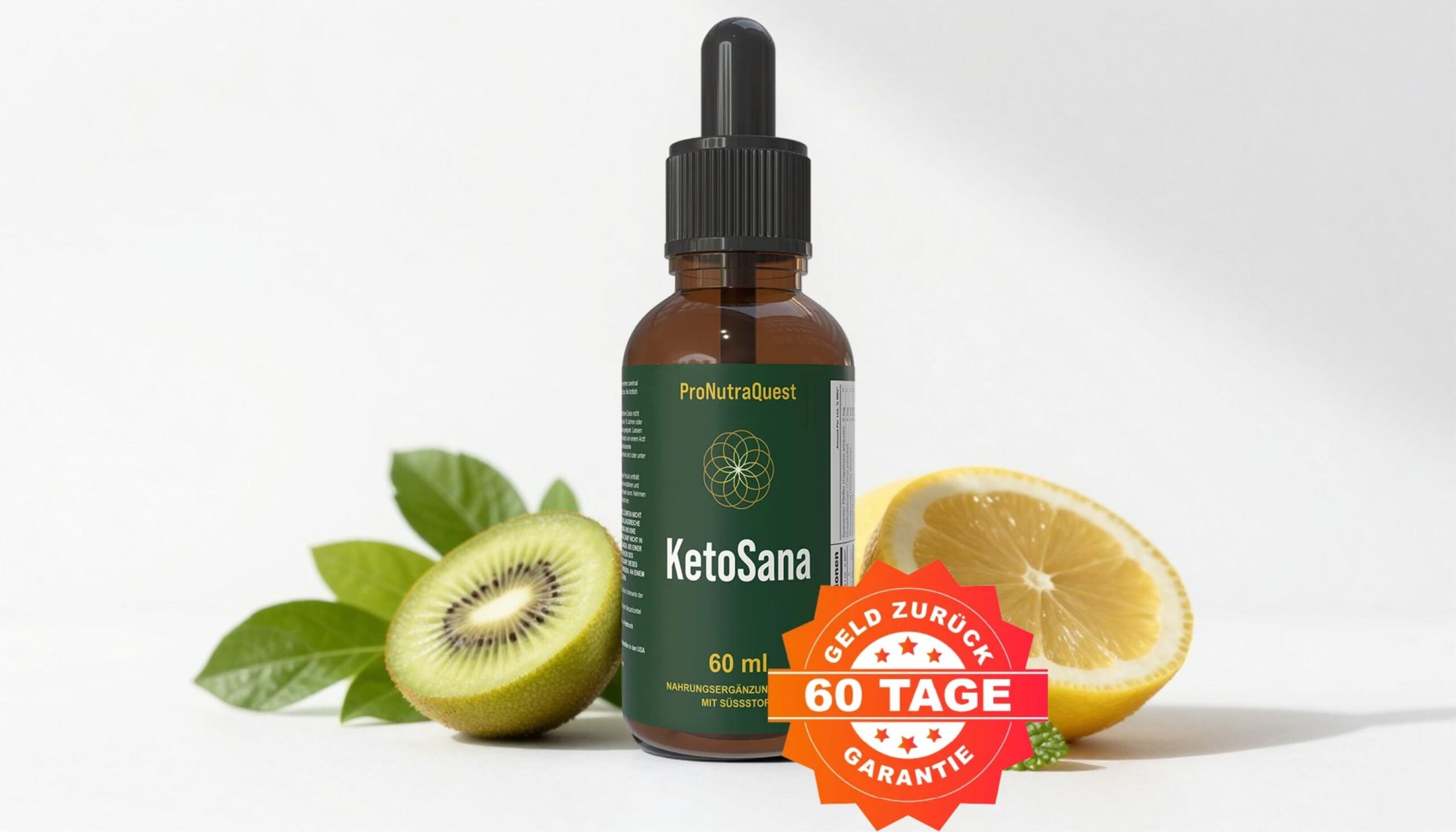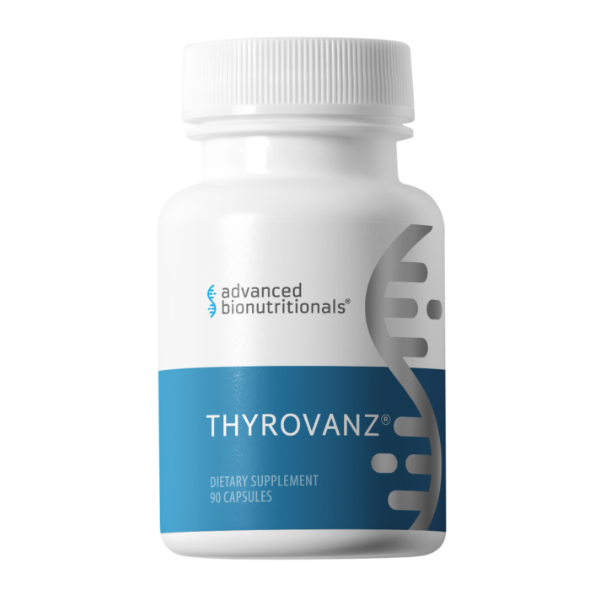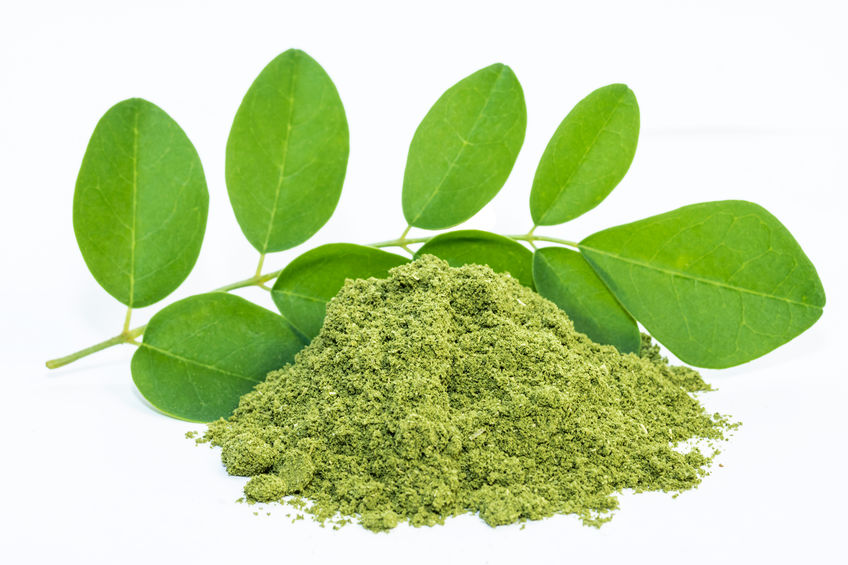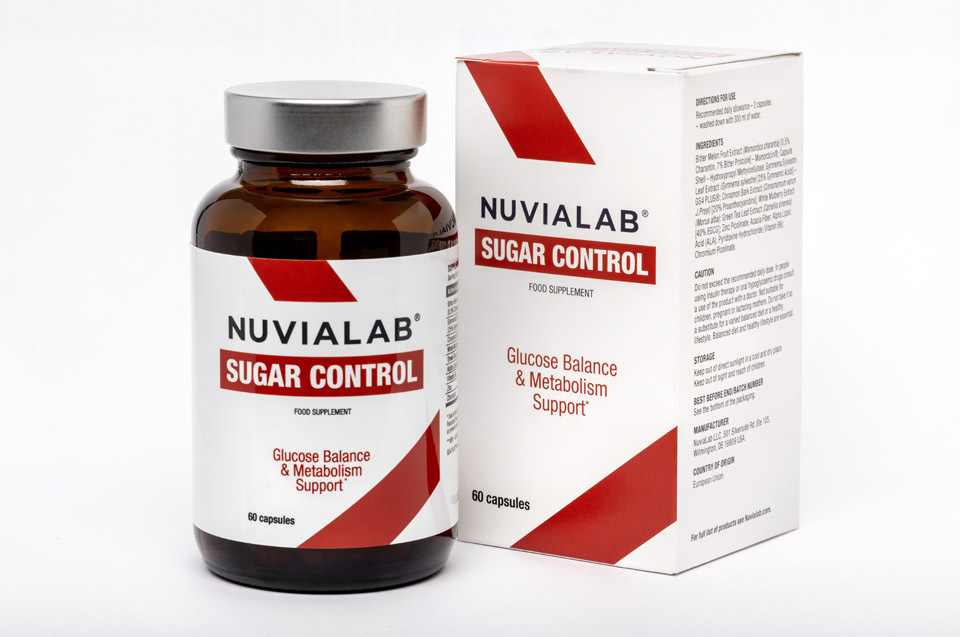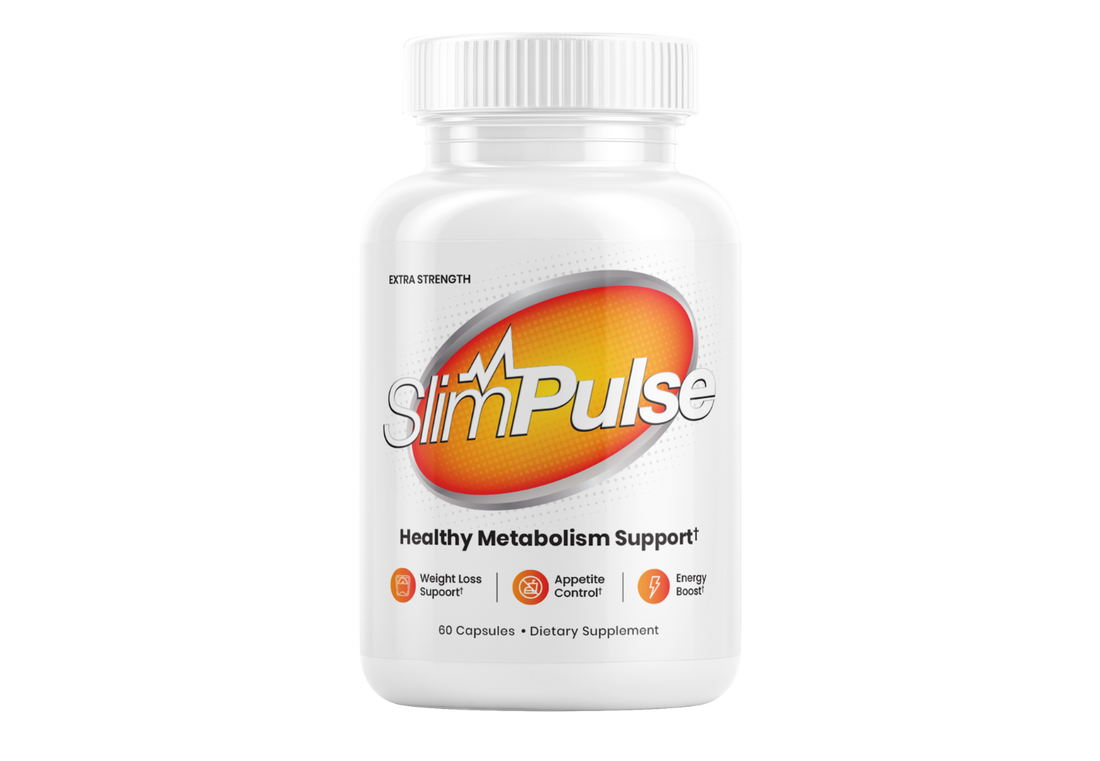Chronic prostatitis causes pelvic pain and urinary issues, affecting a man’s life quality. It can make life tough and cause a lot of discomfort. But is there any herbal medicine for chronic prostatitis? Indeed, in addition to conventional treatment approaches like antibiotics and alpha-blockers, some people are looking for natural ways to ease their symptoms and get better. Herbs like saw palmetto, pygeum, and stinging nettle might help reduce inflammation and improve urine flow. Supplements such as quercetin, zinc, and omega-3 fatty acids could also ease symptoms. It is, however, important to always talk to a doctor before trying a new supplement, especially if you have health issues or take other medications.
This article looks into how natural treatments like herbal supplements, changing your diet, and other therapies can help with chronic prostatitis. It will also cover how changing your lifestyle can help. These methods might help those with chronic prostatitis feel better.
Understanding Chronic Prostatitis
Symptoms and Causes
Chronic prostatitis is a condition that causes ongoing pelvic pain and urinary issues. People may feel pain or a burning sensation when they urinate. They might also need to go to the bathroom more often or feel an urgent need to do so.
Other symptoms include pain in the groin, lower back, abdomen, penis, or testicles. Even discomfort during ejaculation can happen. These symptoms can really affect someone’s daily life.
What causes chronic prostatitis is not fully known. But, bacterial infections can lead to it. In many cases, there’s no bacteria found, so it’s called chronic non-bacterial prostatitis. Some men might have inflammation in the prostate without any symptoms.
Things like injury, immune system issues, and nerve problems can also play a part. Chronic pelvic pain syndrome (CP/CPPS) is a common type of prostatitis. It can be caused by many things, such as chemicals in urine, immune responses, nerve damage, pelvic floor issues, stress, and autoimmune conditions.
Some people are more likely to get prostatitis. This includes those with a history of UTIs, previous prostatitis, pelvic injuries, using a catheter, and being over 50 with an enlarged prostate. Knowing the symptoms and causes of chronic prostatitis helps in getting the right medical care and finding good treatments.
Conventional Treatments for Prostatitis
Doctors often use medications for treating chronic prostatitis. These include alpha-blockers and 5-alpha reductase inhibitors. They help relax the prostate and bladder muscles, making it easier to urinate. In serious cases, surgical treatment for prostatitis might be needed. Some men look for natural, herbal options to use alongside or instead of these treatments.
Managing chronic prostatitis often means using antibiotics, alpha-blockers, and strategies for pain relief. For bacterial prostatitis, doctors usually prescribe antibiotics for a few weeks to fight the infection. Alpha-blockers relax the prostate and bladder muscles, helping with urination. Examples are tamsulosin, alfuzosin, and silodosin. 5-alpha reductase inhibitors, like finasteride and dutasteride, can shrink an enlarged prostate. This also helps with urination.
Pain relief is key in treating prostatitis. Over-the-counter pain relievers like ibuprofen can help with the discomfort. In serious cases, surgery might be needed for bacterial prostatitis. For non-bacterial prostatitis, the goal is to manage symptoms since the cause is often unknown.
Studies suggest that a 4-6 week course of antibiotics is standard for both acute and chronic bacterial prostatitis. Alpha-blockers are often given to men with chronic prostatitis/chronic pelvic pain syndrome to improve urinary symptoms.
Even though these treatments work well, some men want to try natural, herbal remedies. They might see these as a better option or a way to complement their treatment.
Exploring Herbal Medicine for Chronic Prostatitis
Herbal medicine might help manage chronic prostatitis symptoms naturally. Herbs like saw palmetto, pumpkin seed oil, and quercetin could be good for prostate health. They have anti-inflammatory and hormone-regulating properties. These plant-based therapies are complementary and alternative medicine options for those looking for natural treatments for prostate inflammation.
Benefits and Risks
But, it’s key to know the good and bad of herbal supplements. These natural remedies might affect other medicines or cause side effects. It’s wise to talk to a healthcare provider who knows integrative medicine before starting any herbal treatment. This ensures the safety of herbal supplements.
- Some studies suggest herbs like saw palmetto and pumpkin seed oil may have anti-inflammatory and hormone-regulating effects that can benefit prostate health.
- Quercetin, a powerful antioxidant, has also been explored for its potential in managing chronic prostatitis symptoms.
- While herbal remedies for chronic prostatitis offer a natural approach, it is crucial to discuss their use with a healthcare professional to avoid any adverse interactions or side effects.
Understanding the benefits and risks of using plant-based therapies for prostate health helps make informed choices. This way, individuals can decide if adding herbal medicine to their chronic prostatitis treatment plan is right for them.
The next part of this article will look into the benefits of herbal medicine for chronic prostatitis. The material discusses alternative medical treatments for prostatitis, particularly focusing on the use of herbal medicine as an alternative natural relief.
Saw Palmetto: A Potential Natural Remedy
Saw palmetto (Serenoa repens) is a well-known herbal supplement. It may help men with chronic prostatitis. The plant’s extract is thought to have anti-inflammatory effects and block 5-alpha reductase. This enzyme is involved in testosterone conversion to DHT, which can lead to prostate growth.
Studies on saw palmetto for chronic prostatitis have shown mixed results. Yet, some research suggests it could lessen symptoms. A 2019 review found that nettle root extracts can reduce BPH symptoms and improve life quality. Pygeum africanum extract also has antioxidant and anti-inflammatory effects, which could help treat BPH.
Other natural substances like soy, zinc, omega-3 fatty acids, cranberries, and green tea are being studied for prostate health. Saw palmetto’s anti-inflammatory and 5-alpha reductase inhibition make it a promising natural remedy for chronic prostatitis. More research is needed to confirm its benefits.
Studies have also looked into saw palmetto’s effects on prostate health and hair loss. A 24-week study found that 320 mg of saw palmetto daily improved BPH symptoms and urinary flow. It also enhanced quality of life and sexual function compared to a placebo. A 2023 study showed that saw palmetto oil supplements improved hair quality and density in people with androgenic alopecia.
Pumpkin Seed Oil: A Promising Supplement
Pumpkin seed oil is seen as a natural supplement for men with chronic prostatitis. It comes from pumpkin seeds and is full of nutrients. These nutrients may help keep the prostate healthy.
Nutritional Profile and Studies
Pumpkin seeds are packed with good stuff like zinc, omega-3 and omega-6 fatty acids, and phytosterols. These have been studied for their anti-inflammatory effects and support for prostate health.
- A randomized trial showed that pumpkin seed oil eased symptoms of enlarged prostate and improved participants’ quality of life over a three-month period.
- Topical pumpkin seed oil has been effective in treating chronic nonbacterial prostatitis, a common bacterial infection in older men.
- Pumpkin seed oil extract significantly reduced symptoms of overactive bladder in a 12-week study.
Pumpkin seed oil may also help with hair growth and heart health. It can lower cholesterol and blood pressure.
While the research on pumpkin seed oil for chronic prostatitis looks good, talk to a healthcare provider before using it. Make sure to follow the right dosage and storage to keep it safe and effective.
Quercetin: An Antioxidant Powerhouse
Quercetin is a strong antioxidant that might help with chronic prostatitis. It’s found in many fruits and vegetables. It’s thought to reduce inflammation, which could ease symptoms of this condition.
Studies have looked into quercetin’s effects. Some say mixing it with bromelain and papain could make it even more effective. More research is needed, but quercetin seems like a good natural option for treating chronic prostatitis.
You can find quercetin in foods like red onions, red wine, and apples. It’s also in green tea and broccoli. Besides helping with chronic prostatitis, quercetin is thought to prevent some cancers and heart disease. But, the FDA warns about exaggerated health claims from some manufacturers.
Scientists are still studying quercetin and other flavonoids. They want to know how they can help with health and prevent diseases. But, quercetin’s ability to fight inflammation and act as an antioxidant makes it a hopeful natural remedy for chronic prostatitis.
Stinging Nettle: An Anti-Inflammatory Herb
Stinging nettle (Urtica dioica) is getting attention for its benefits in prostate health. It’s especially helpful for men with chronic prostatitis. This plant is thought to have anti-inflammatory properties that can ease prostate inflammation symptoms.
Research shows stinging nettle works well with other natural remedies like saw palmetto for prostate issues. It’s often used in treatments for benign prostatic hyperplasia (BPH). This condition affects most men over 60.
Stinging nettle is generally safe, but it can interact with some medications. Always talk to a healthcare provider before using it. This is especially true if you have health conditions or take other medicines.
More studies are needed to fully understand stinging nettle’s anti-inflammatory effects. It’s important to discuss its use with your healthcare provider. This ensures it’s safe and right for you.
Beta-sitosterol: Supporting Prostate Health
Beta-sitosterol is a plant-based compound found in fruits, vegetables, and nuts. It may help men with chronic prostatitis. Like saw palmetto, it’s thought to have anti-inflammatory and hormone-regulating effects. This could improve urinary symptoms from an enlarged prostate.
Research on beta-sitosterol for chronic prostatitis is still limited. Yet, it’s often in supplements for prostate health. However, it might affect sexual function, so be careful.
Studies have looked into beta-sitosterol’s benefits for prostate health. A meta-analysis of four trials with 519 men showed it improved urinary symptoms. It also increased peak urine flow and reduced residual volume in men with BPH.
This suggests beta-sitosterol could ease urinary symptoms from an enlarged prostate.
Beta-sitosterol might also protect against prostate cancer. A study in BMC Complementary and Alternative Medicine found it slowed prostate cancer cell growth in mice. More research is needed, but it hints at beta-sitosterol’s role in prostate health.
Despite promising research, beta-sitosterol’s effectiveness for BPH symptoms is still unclear. There are concerns about its impact on sexual function. Always talk to a healthcare professional before adding beta-sitosterol to your routine.
Pygeum Bark: An Ancient Remedy
Pygeum bark comes from the African plum tree (Prunus africana). It has been used for centuries to treat urinary and prostate issues. It’s believed to have anti-inflammatory and antioxidant properties, helping with prostate inflammation symptoms.
Early studies suggest pygeum might help men with benign prostatic hyperplasia (BPH). But, the evidence for chronic prostatitis is still limited. A total of 18 randomized controlled trials involving 1562 men showed pygeum africanum improved symptoms and flow.
But, the overharvesting of pygeum bark is a big environmental concern. Experts suggest looking into more sustainable herbal options for prostatitis relief. Men using Pygeum africanum saw symptom improvement, but the long-term use is a worry.
Cranberry Extract: Urinary Tract Support
Cranberries are known for their benefits to the urinary tract. They may also help men with chronic prostatitis. The fruit has compounds that fight inflammation and protect against damage.
Potential Benefits and Research
Studies in animals and some human trials suggest cranberry extracts could help with prostate issues. They might slow down the growth of the prostate and improve urine flow. A review of 24 studies showed cranberry products might not help everyone, but they could be good for women with frequent UTIs.
A study with elderly men found cranberry extract helped a lot. It cut down UTI episodes by a lot. The men taking the extract had a huge drop in UTIs, with a p-value of 0.0001.
Even though more research is needed, cranberry supplements could be part of a good plan for chronic prostatitis. They have anti-inflammatory properties and support the urinary tract.
Zinc Supplements: Boosting Immune Function
Zinc is a key mineral for a strong immune system and prostate health. Studies show men with chronic prostatitis often lack zinc. This lack can cause inflammation and symptoms.
While severe zinc deficiency is rare, mild cases are common. About 2 billion people worldwide don’t get enough zinc. Zinc deficiency can cause over 450,000 deaths in kids under 5 each year. It weakens the immune system.
Good sources of zinc include shellfish, meat, poultry, fish, and legumes. Nuts, seeds, dairy, eggs, whole grains, and some veggies are also good. But, zinc from plants is harder to absorb because of certain compounds.
For men with chronic prostatitis, zinc supplements can help. They support the immune system and may reduce symptoms.
Anti-inflammatory Herbs for Prostatitis Relief
Many natural, anti-inflammatory compounds can help men with chronic prostatitis. These include green tea, omega-3 fatty acids, and soy-based options. Using a mix of these can offer relief through a holistic approach.
Research shows that certain herbs like Cervus korean TEMMINCK var. mantchuricus Swinhoe, Corni Fructus, and Panax ginseng have anti-inflammatory effects. Lycium Fruit and Angelica gigas also show promise in fighting inflammation in the prostate.
It’s important to talk to a healthcare provider before starting any herbal or supplement regimen. Exploring different anti-inflammatory herbs for chronic prostatitis can lead to better health. This way, men can find effective herbal remedies to reduce prostate inflammation and enhance their life quality.

Homeopathic Remedies for Prostatitis
Men looking for natural ways to treat chronic prostatitis might find homeopathic remedies helpful. Homeopathy gives personalized treatment, focusing on specific symptoms rather than just the condition. Common homeopathic treatments for prostatitis include Chimaphila umbellata, Pulsatilla, Pareira, Lycopodium, and Thuja.
Chimaphila umbellata is often used for urinary issues and an enlarged prostate. Pulsatilla helps with pain after urination. Pareira is good for painful urination and urgency. Lycopodium is for painful urination with reddish sediment in the urine. Thuja helps with a forked stream of urine.
The usual dose of homeopathic remedies for prostatitis is 3 to 5 pellets of a 12X – 30C remedy. You take it every 1 to 4 hours until you feel better. These remedies are natural and safe, with no side effects. They help with both acute and chronic cases. Homeopathic treatment aims to reduce flare-ups and lessen the need for traditional medicines.
Physical Therapy and Acupuncture
Some men with chronic prostatitis find relief with physical therapy and acupuncture. Kegel exercises help by tightening and relaxing the pelvic muscles. This improves pelvic muscle tone and reduces urinary symptoms. Contrast sitz baths, switching between hot and cold water, also soothe pelvic pain and offer relief.
Acupuncture is being studied as a treatment for chronic prostatitis. It may improve urinary flow and lessen swelling and inflammation in the prostate. Up to 10% to 15% of men have chronic prostatitis with chronic pelvic pain syndrome. This means about 2 million outpatient visits each year.
A case study showed acupuncture and Chinese herbal medicine helped men with chronic prostatitis. Traditional Chinese Medicine found the patient had kidney and liver yin deficiency, bladder damp heat, and blood stasis. The patient was given specific herbal treatments.
Acupuncture with infrared polarized light had a 75% success rate for chronic prostatitis. Acupuncture and moxibustion were 80% effective for chronic abacterial prostatitis.
Lifestyle and Dietary Modifications
For men with chronic prostatitis, making lifestyle and dietary changes can help. Avoiding alcohol, caffeine, and spicy foods can ease bladder irritation. Drinking lots of water can also help by flushing bacteria from the urinary tract.
Eating foods rich in antioxidants and omega-3 fatty acids is good for the prostate. Include fruits and vegetables full of antioxidants, and eat foods like cold-water fish for omega-3s.
Food and Beverage Choices
Men with prostatitis should eat more tomatoes, cruciferous vegetables, citrus fruits, and nuts. These foods are full of nutrients that support prostate health. Omega-3-rich fish like salmon and sardines can also reduce inflammation.
It’s wise to eat less dairy and red meat, as they might not be good for the prostate. Avoiding alcohol and caffeine helps with urinary symptoms too.
By changing their lifestyle and diet, men with chronic prostatitis can feel better. These changes, along with natural therapies, can be key to a full treatment plan.
Conclusion
Chronic prostatitis is tough to handle, but natural remedies might help. Herbs like saw palmetto, pygeum, and stinging nettle can lessen inflammation and improve symptoms. Supplements such as quercetin, zinc, and omega-3 fatty acids also show promise.
Adding lifestyle changes, physical therapy, and acupuncture can help too. By working with doctors, patients can mix traditional and natural treatments. This way, they can find the best way to manage their symptoms.
Studies show that Chinese herbal medicine is effective. It has improved symptoms and caused fewer side effects than other treatments. Adding traditional Chinese herbal medicine retention enema with perineal massage has been very successful. This offers hope for those who haven’t found relief before.
FAQ
What are the potential benefits of herbal and natural therapies for chronic prostatitis?
What are the common symptoms and causes of chronic prostatitis?
What are the conventional medical treatments for chronic prostatitis?
What are some of the complementary and alternative therapies that may benefit men with chronic prostatitis?
What are some of the key nutritional supplements and herbal remedies that have been studied for chronic prostatitis?
What are the specific benefits of saw palmetto and pygeum africanum for chronic prostatitis?
Can homeopathic remedies be used to treat chronic prostatitis?
How can physical therapy and acupuncture help with chronic prostatitis?
What lifestyle and dietary changes can benefit men with chronic prostatitis?
Source Links
- Prostatitis
- Complementary and Alternative Medicine for Chronic Prostatitis/Chronic Pelvic Pain Syndrome
- What Is Prostatitis?
- Traditional Chinese medicine on treating chronic prostatitis/chronic pelvic pain syndrome: A systematic review and meta-analysis
- Frontiers | Comparative Efficacy of Oral Chinese Patent Medicine for Chronic Prostatitis/Chronic Pelvic Pain Syndrome With Sexual Dysfunction: A Bayesian Network Meta-Analysis of Randomized Controlled Trials
- Prostatitis – Diagnosis and treatment – Mayo Clinic
- Prostatitis | Complementary and Alternative Medicine
- Herbal and complementary medicine in chronic prostatitis – PubMed
- 10 natural remedies for enlarged prostate and lifestyle tips
- Nutraceuticals in Prostate Disease: The Urologist’s Role
- Prostate Cancer, Nutrition, and Dietary Supplements (PDQ®)
- Herbal nutraceutical treatment of chronic prostatitis–chronic pelvic pain syndrome: a literature review – International Urology and Nephrology
- 6 Natural Remedies for Enlarged Prostate
- Traditional Chinese herbal medicine retention enema combined with perineal massage (THREM): a promising therapeutic strategy for refractory chronic prostatitis/chronic pelvic pain syndrome (CP/CPPS)
- Homeopathic Remedies for Prostatitis Treatment
- Prostatitis
- Acupuncture and Traditional Chinese Medicine for the management of a 35-year-old man with chronic prostatitis with chronic pelvic pain syndrome
- Acupuncture for Chronic Prostatitis or Chronic Pelvic Pain Syndrome: An Updated Systematic Review and Meta-Analysis
- Breadcrumb
- Non‐pharmacological interventions for treating chronic prostatitis/chronic pelvic pain syndrome
- Efficacy and safety of Chinese herbal medicine for chronic prostatitis | PPA
Disclaimer
Please understand that any advice or guidelines revealed in this article are not in any way a substitute for sound medical advice from a licensed healthcare provider. Make sure to consult with a professional physician before using any of the information provided here, especially if you use medications or have concerns following the information shared in this article. Individual results may vary. The products recommended in this article are not intended to diagnose, treat, cure, or prevent any disease.

